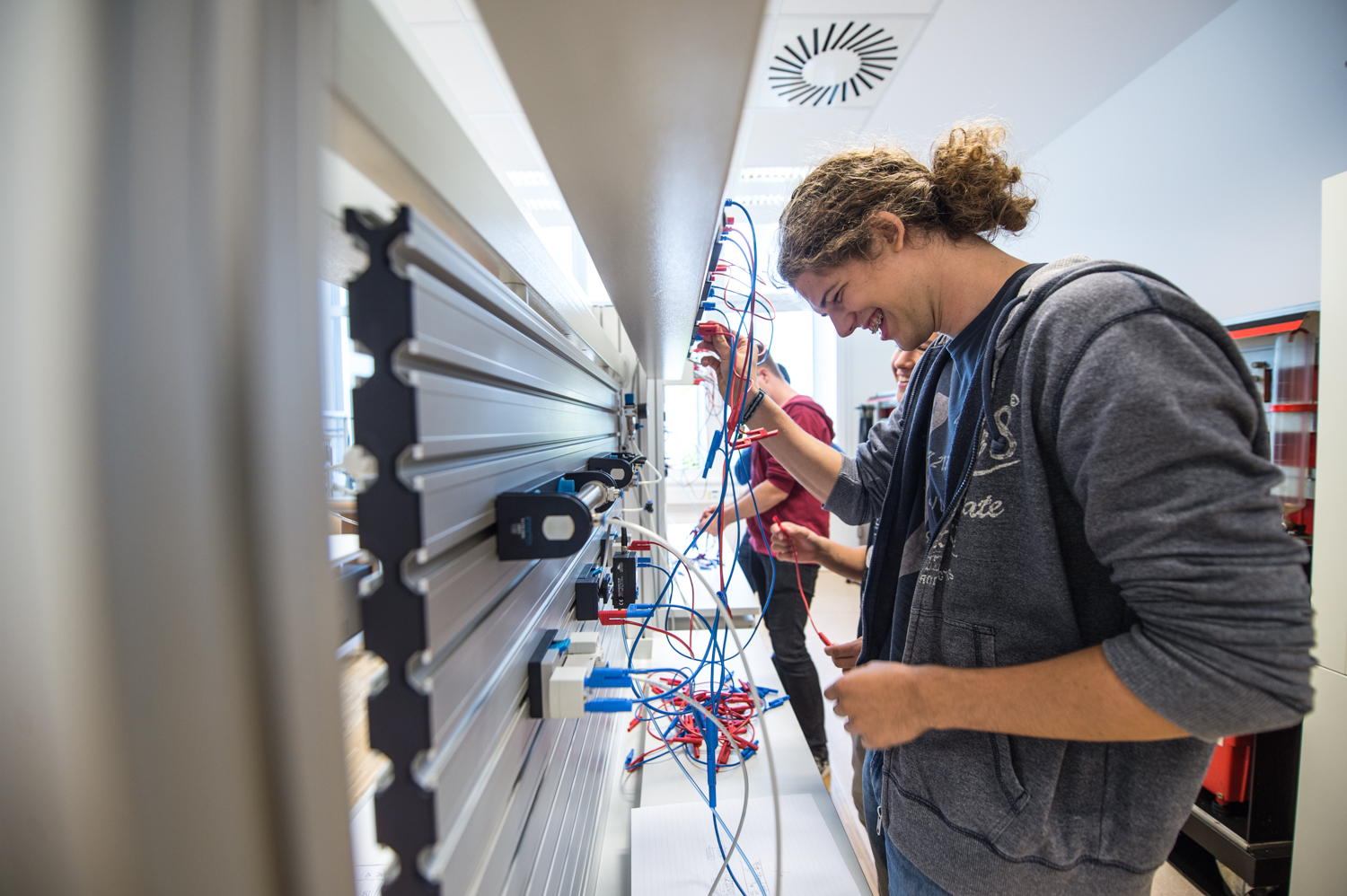
Improving the employment prospects of socially excluded young people is the aim of most of the project ideas that are now further developed under the EEA and Norway Grants Fund for Youth Employment.
Out of the more than 300 applications submitted in the first stage of the selection process, 49 project consortia involving entities from at least two countries are now working to further develop their projects ideas for submission in the final stage of the application process. The 49 applicants are competing for the €60 million that has been set aside for projects under this fund.
Combating youth unemployment
The objective of the EEA and Norway Grants Fund for Youth Employment is to contribute to combat youth unemployment in Europe. To be complementary to existing EU funding, the fund aims to reach groups whose needs have not been adequately addressed. Most of the 49 project ideas aim to improve the employment prospects of socially excluded groups. A number of projects wish to work with inactive youth living in rural and suburban areas, and areas hard hit by the financial crisis, while other propose interventions for disabled youth, youth who have received alternative care or youth from migrant or refugee backgrounds.
Wide interest in forming partnerships
The Fund for Youth Employment supports transnational project initiatives and is open to entities in the 15 beneficiary countries of the EEA and Norway Grants as well as Ireland, Italy and Spain – countries with high youth unemployment. The projects groups must be led by an entity from one of the beneficiary countries and involve entities from at least two countries.
All the 15 beneficiary countries of the EEA and Norway Grants are represented as lead partners. The majority of project consortia consist of five to eight project partners. Donor countries, international organisations as well as other EU member countries seem to be keen on providing know-how: over 70 per cent of the consortia have one or more expertise partners. Expertise partners include universities, NGOs, and private companies. In total, 354 entities have planned to engage in one of the 49 initiatives.
Research, education, inclusive learning
The project consortia aim to make interventions in a number of ways: some propose research and analysis activities, and many wish to provide youth with a wide range of educational activities and access to work-based learning. Others focus on developing new pedagogical tools or assisting their target groups by creating new inclusive learning spaces. Other again aim at reforming public employment services or assist policy transfer and transfer of best practice.
The projects would like to develop innovative ideas and ensure meaningful contributions and sustainable employment opportunities within diverse economic sectors, like the blue and green economy, tourism and ICT. Entrepreneurship and new jobs within the social economy are also targeted by a number of projects.
Next steps
The 49 shortlisted projects are now receiving support from the Fund Operator (Ecorys Polska) in preparation for the submission of full proposals on 11 December.